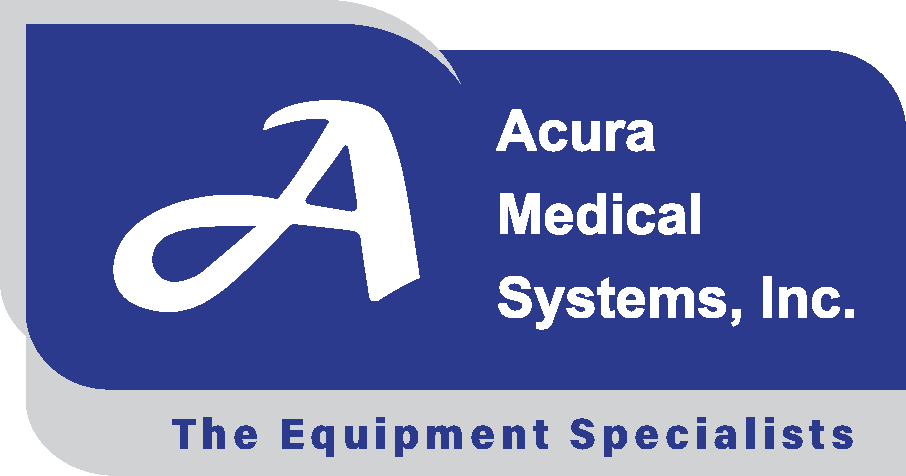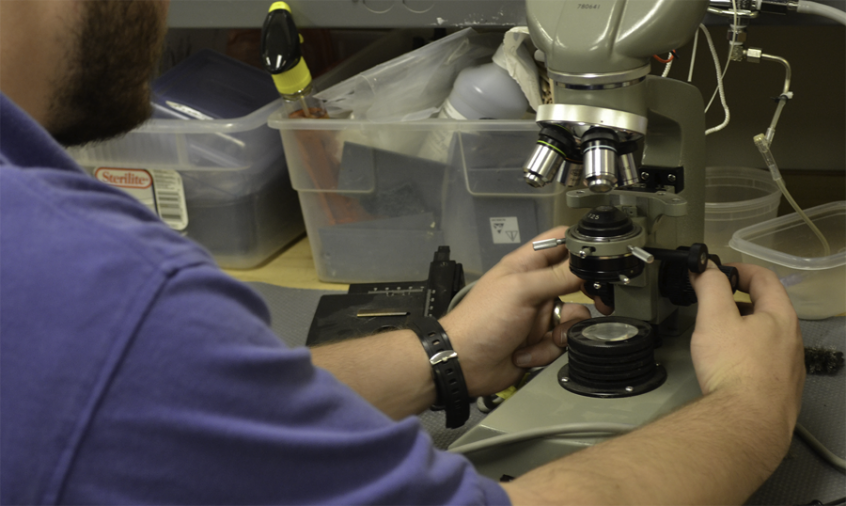Many problems that arise with microscopes are the result of improper handling. When carrying your microscope, you should always hold it by the base and the support arm. Never pick it up by grabbing the stage, as this can cause issues with alignment. If you are going to be transporting your microscope on a regular basis, you may want to look into purchasing a microscope carrying case to keep it safe.
When you are not using your microscope use a dust cover, as this can help extend the life of your microscope. You should store your microscope in a clean, dry area that has good ventilation. Do not store your microscope without any eyepieces, even if you have it covered. This allows dust to gather and collect in the eye tubes, and these can be difficult to clean.
Routine and annual maintenance of your microscope can help ensure that it continues to work well for years to come.
We recommend annual maintenance by a trained Technician. This can also help identify any issues that may need addressed before they become a bigger problem and impact your patient care.
You can clean off dust using pressurized air. It is very important to not apply pressure when cleaning your lenses or objectives as this can damage them.
It is very easy for microscope lenses to become scratched, so it is important to treat them with care. Never use anything that is abrasive to clean your microscope lens.
You should remove any traces of oil from your 100x objective daily. Not removing the traces of oil can cause damage. Oil can penetrate the gears and slide mechanisms and get into crevices between the lens elements and the mounting structures. This could potentially cause irreversible damage.
When regularly using your microscope, you may find that the collars, knobs, and fasteners become loose and require tightening. It is important to never over-tighten or use force when you are performing any maintenance. This can cause damage to the metal parts in your microscope.

